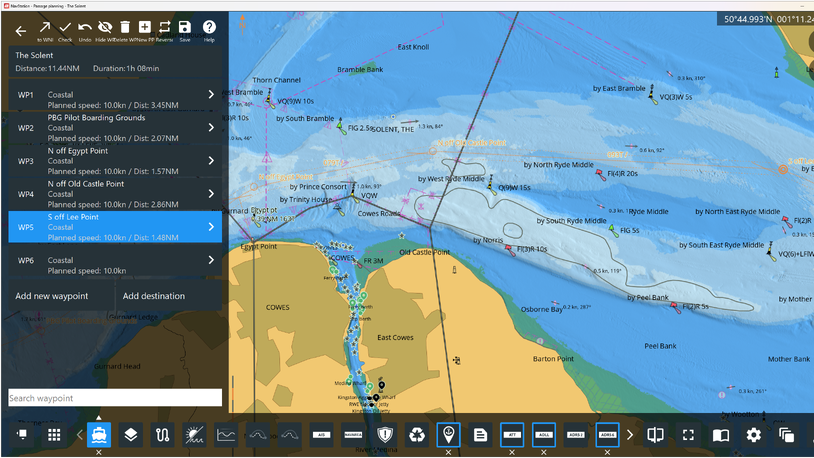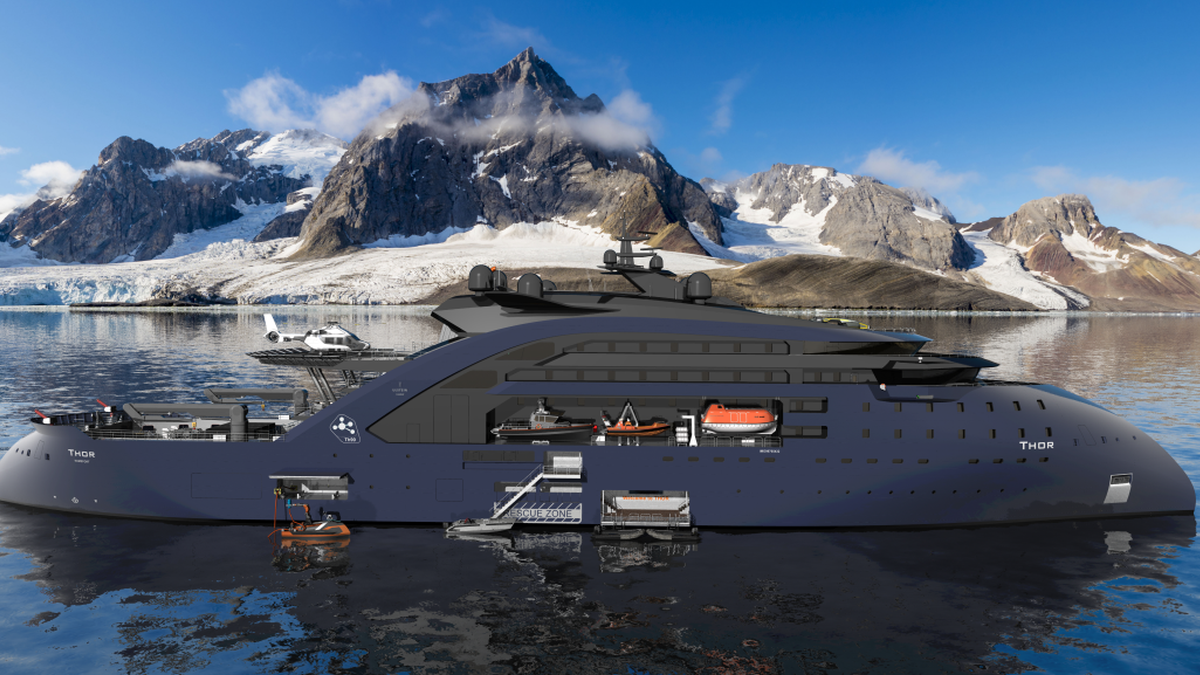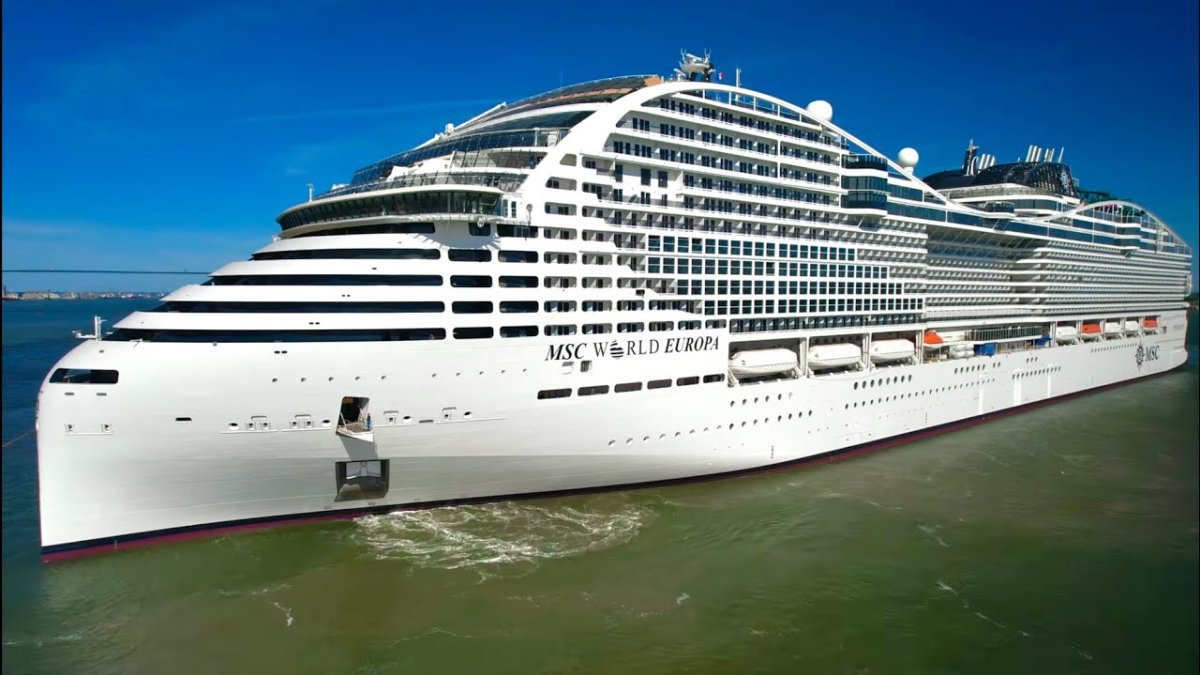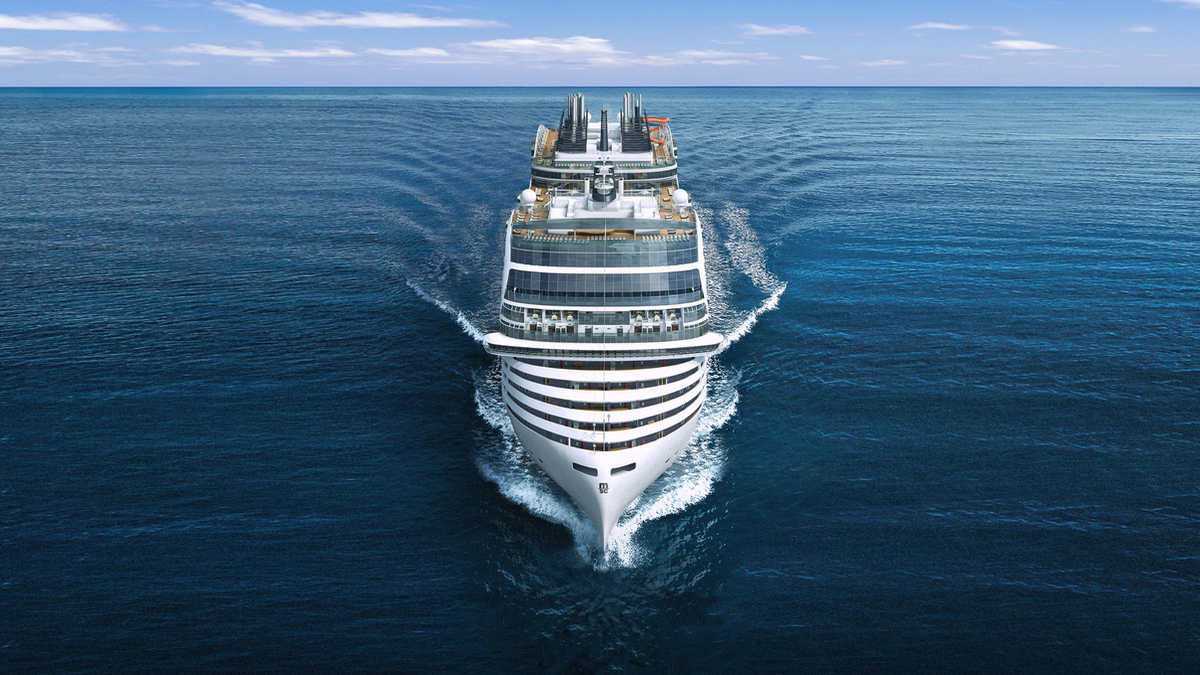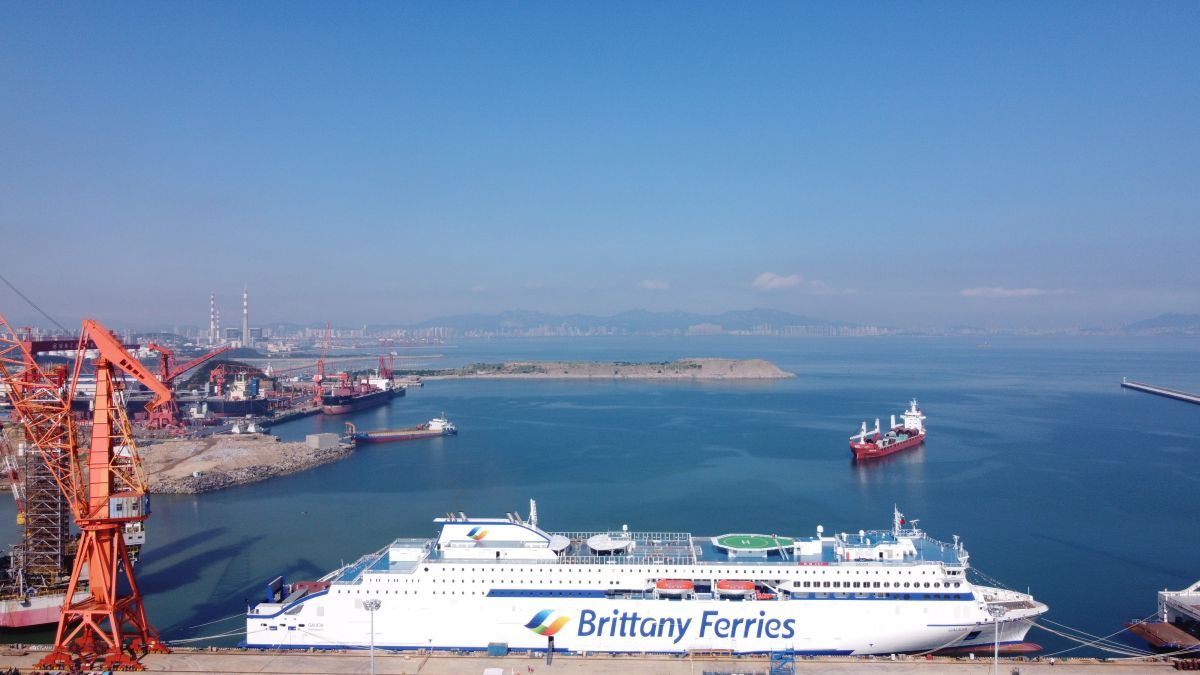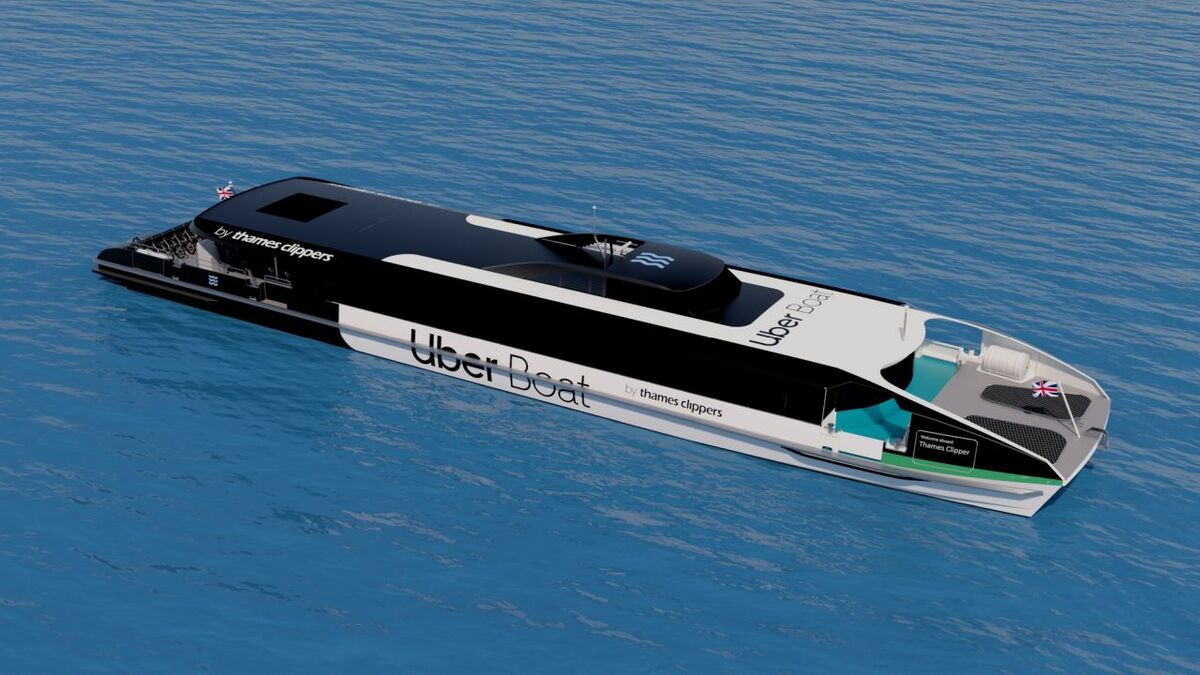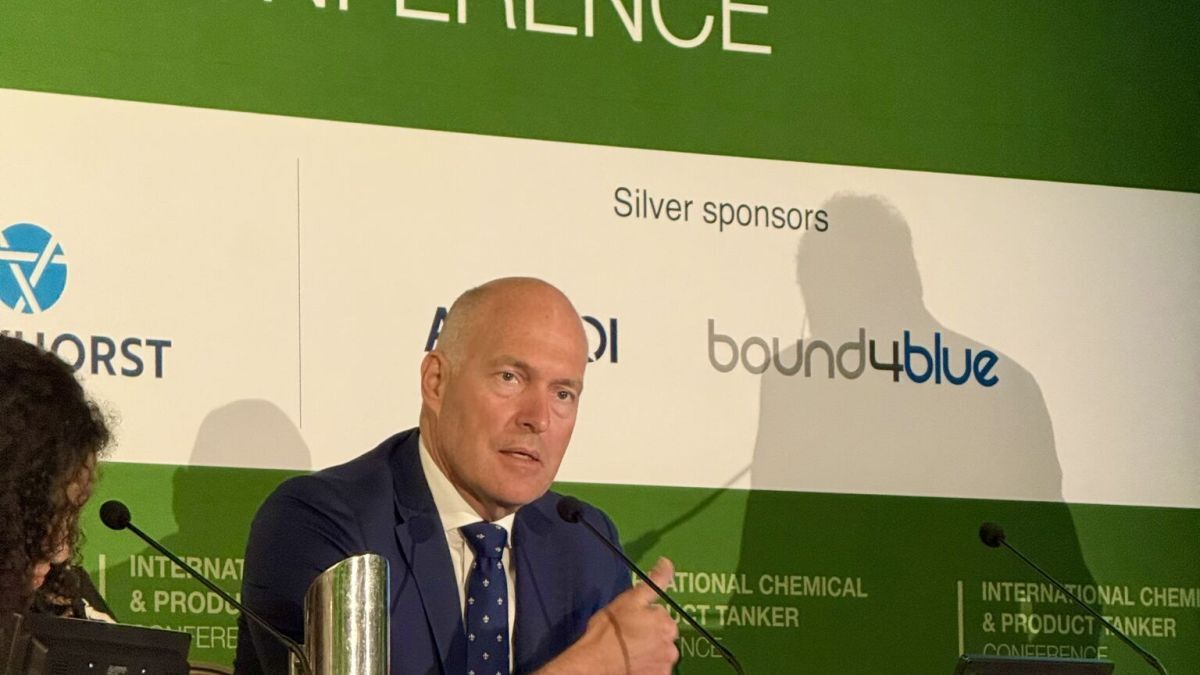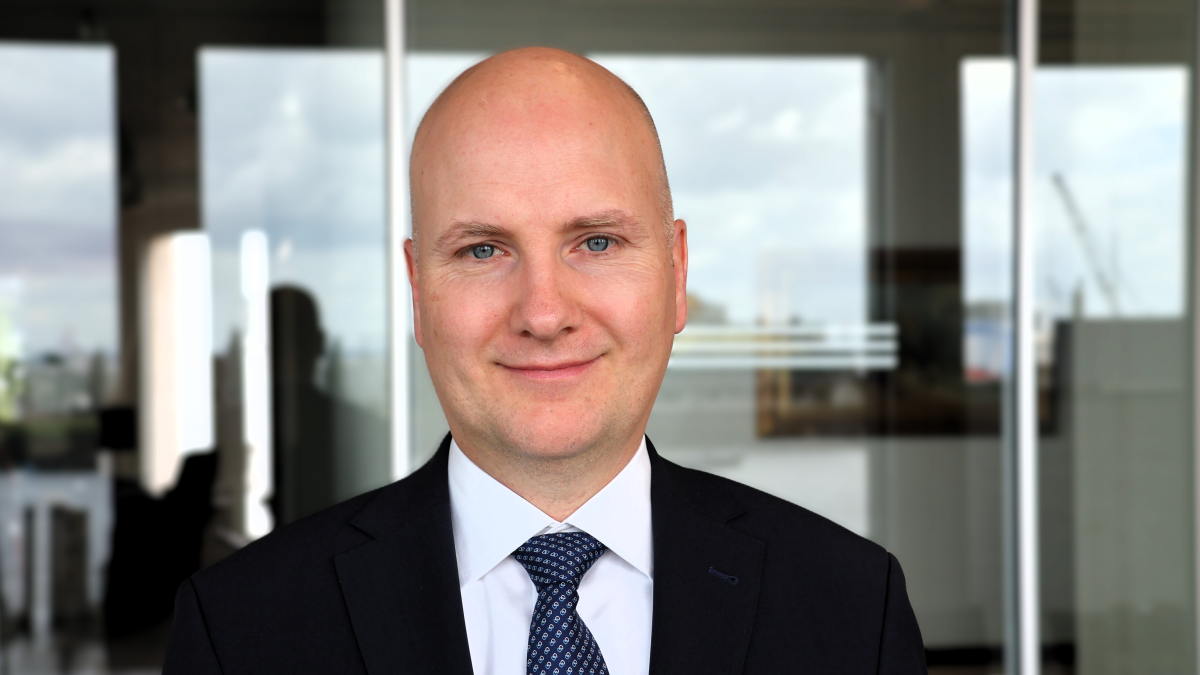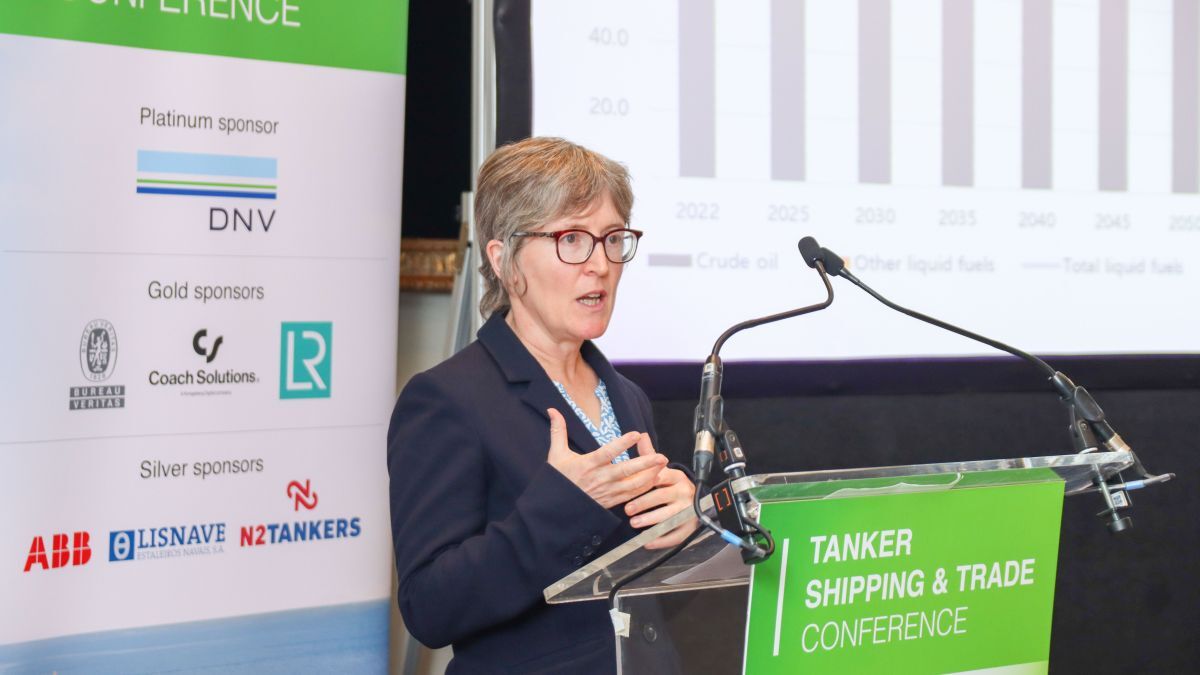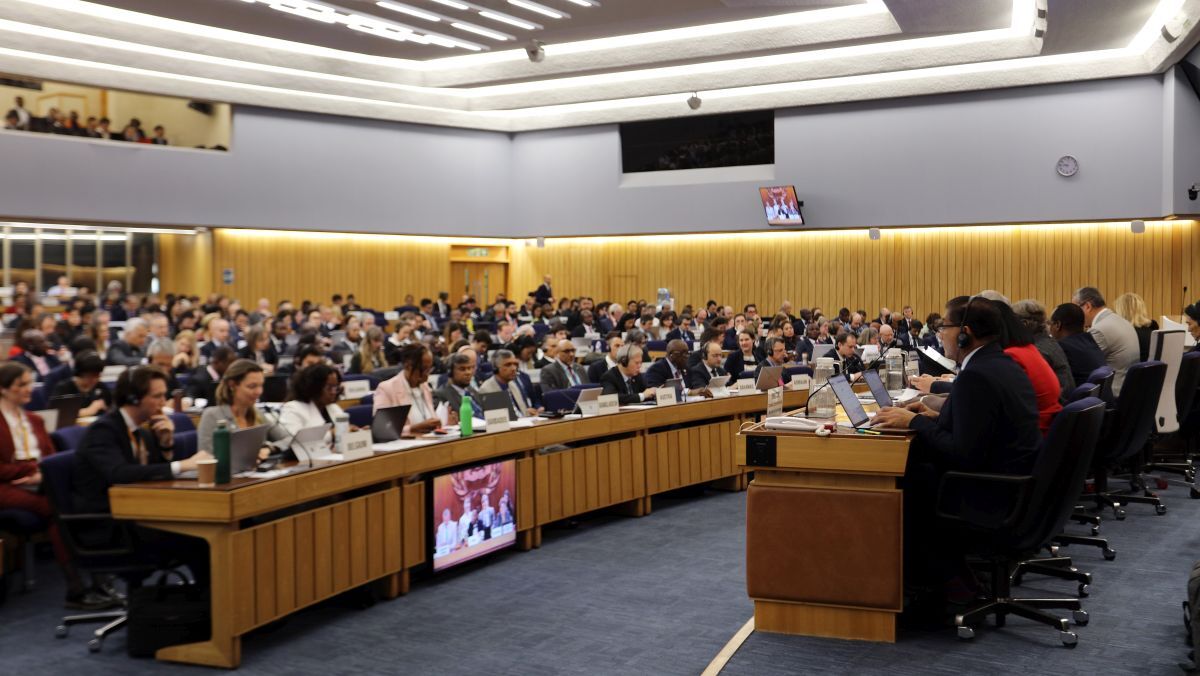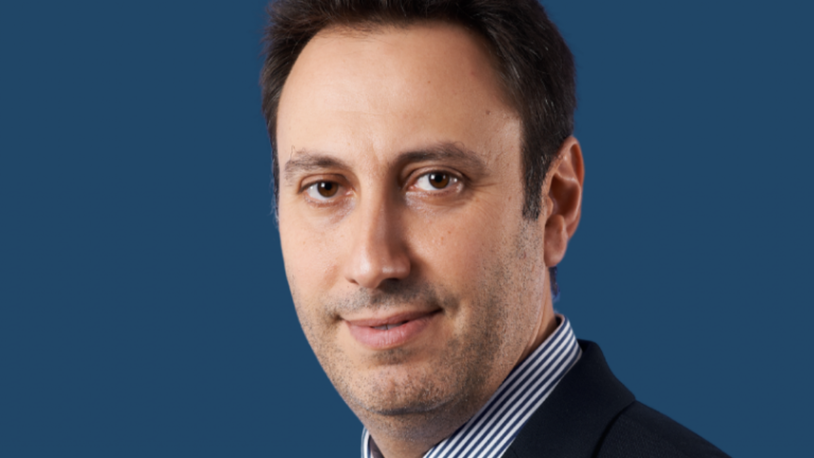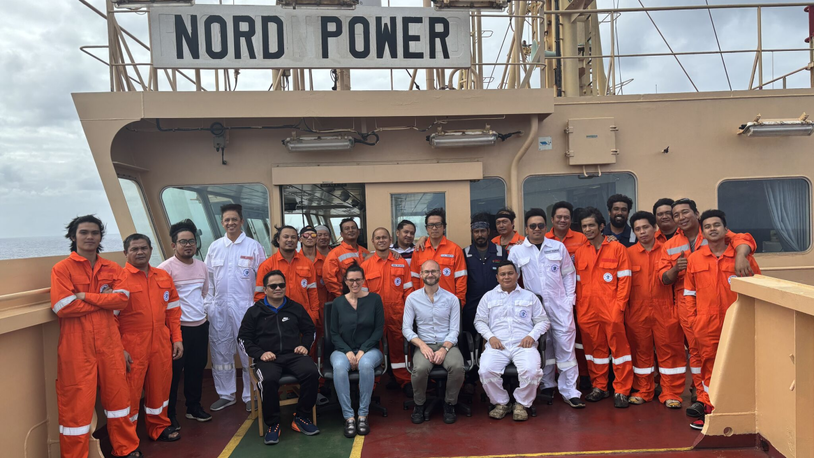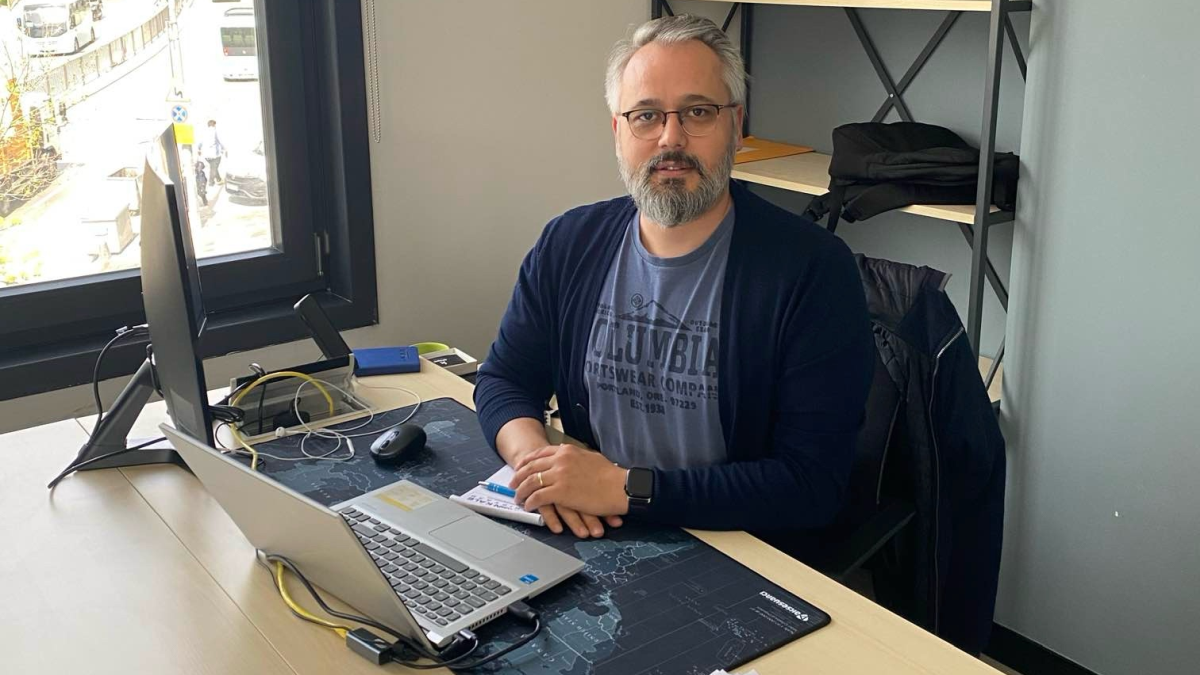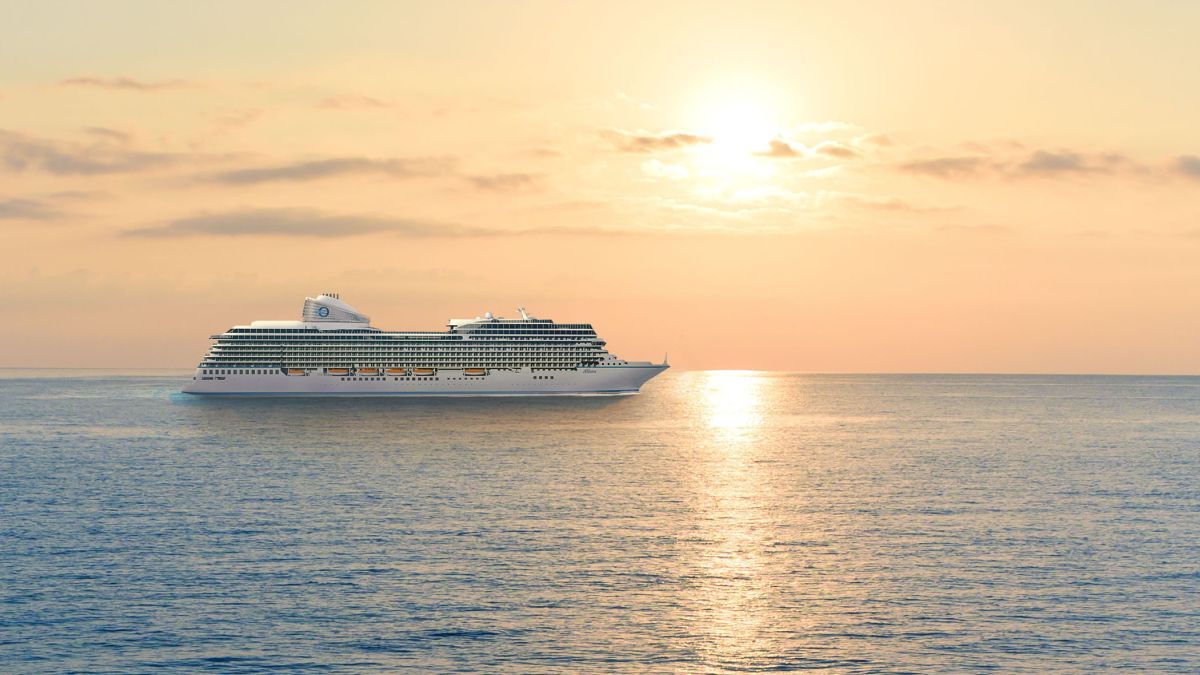Business Sectors
Events
Contents
2022's top stories in Passenger Ship Technology
We look back over our most read stories from the year to revisit the topics that your reading habits revealed as key issues in the maritime industry in 2022
Ship design, and in particular low- or no-emissions technology on ferries and cruise ships was the dominant theme among the readers of Passenger Ship Technology in 2022, much as it was in 2021.
From MSC’s pilot test of solid oxide fuel cells on board its MSC Europa newbuild to the potential ’silver-bullet solution’ to decarbonisation in the form of thorium and modular molten salt nuclear reactors, our most read stories show that environmentally conscious design is a must for the cruise and ferry sectors.
To read each story in full, click on the headline, the image or the link at the end of the text.
Sign up for Riviera’s weekly series of technical and operational webinars and attend our conferences in 2023:
- Register to attend by visiting our events page.
- Watch recordings from all of 2022’s webinars in our webinar library.
1. MSC cruise ship demonstrates fuel-cell technology
MSC Cruises’ latest ship, MSC World Europa, demonstrates the company’s strategy to decarbonise and its use of multiple fuel and technological solutions in its efforts.
MSC Cruise Management (UK) head of electrical engineering Steven Frey explained to delegates at Riviera Maritime Media’s annual Maritime Hybrid, Electric & Hydrogen Fuel Cells Conference in Bergen, Norway, that the ship is powered by LNG and has a solid oxide fuel cell as part of a pilot project.
2. A green maritime future: time to talk thorium
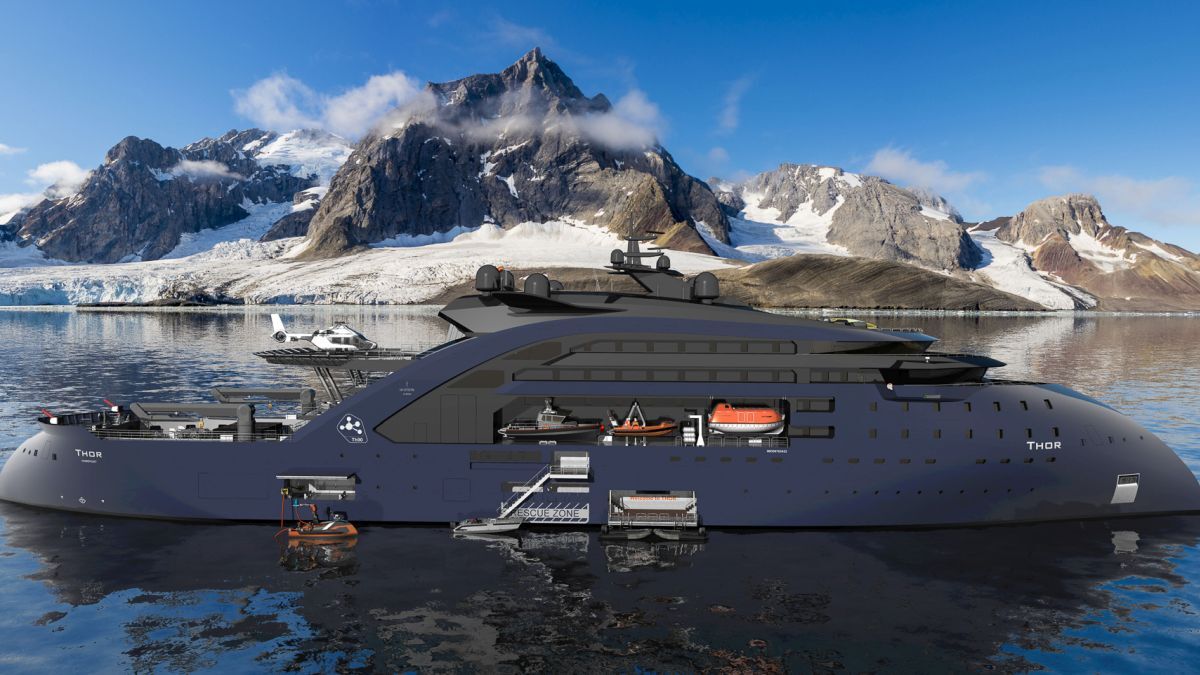 Is there a proven, ‘silver-bullet solution’ waiting to be explored? Institute for Energy Technology principal engineer Robert McDonald says it is time to shine the spotlight on the potential of thorium and small modular reactors.
Is there a proven, ‘silver-bullet solution’ waiting to be explored? Institute for Energy Technology principal engineer Robert McDonald says it is time to shine the spotlight on the potential of thorium and small modular reactors.
3. EU-backed consortium explores using solid oxide fuel cells in cruise ships
A new EU-funded project is looking to decarbonise cruise shipping by demonstrating the effectiveness of solid oxide fuel cells to provide heat and power aboard cruise ships. The project, managed by the German Aerospace Centre, has been funded to the tune of roughly €14M (US$14M) and will team up with Norwegian startup Alma Clean Power.
4. Wärtsilä and Stena to build the world’s largest hybrid ferry vessels
Wärtsilä will supply its hybrid propulsion system for three ropax vessels currently being built for Stena RoRo. The ships have been designed and developed by Stena RoRo and will be long-term chartered to Brittany Ferries for operation between Portsmouth in the UK and the French ports of St Malo and Caen. Two of the ferries will have a battery capacity of 11.5 MWh, making them the marine industry’s largest hybrid vessels to date. This battery power is approximately double that used currently for hybrid propulsion.
5. Uber Boat by Thames Clippers building UK’s first hybrid high-speed passenger ferries
Being built at Wight Shipyard on the Isle of Wight, the ferries are set to launch in London in 2022 and 2023. The hybrid design will allow the new vessels to operate solely on battery power while transporting commuters and sightseers through the capital and will recharge while using biofuel power outside of central London. The technology is not reliant on shore-based charging; the new boats will use excess power from the biofuel engines to recharge their batteries for the central London stretch.
Sign up for Riviera’s weekly series of technical and operational webinars and attend our conferences in 2023:
- Register to attend by visiting our events page.
- Watch recordings from all of 2022’s webinars in our webinar library.
Related to this Story
Events
Maritime Environmental Protection Webinar Week
Cyber & Vessel Security Webinar Week
The illusion of safety: what we're getting wrong about crews, tech, and fatigue
Responsible Ship Recycling Forum 2025
© 2024 Riviera Maritime Media Ltd.

